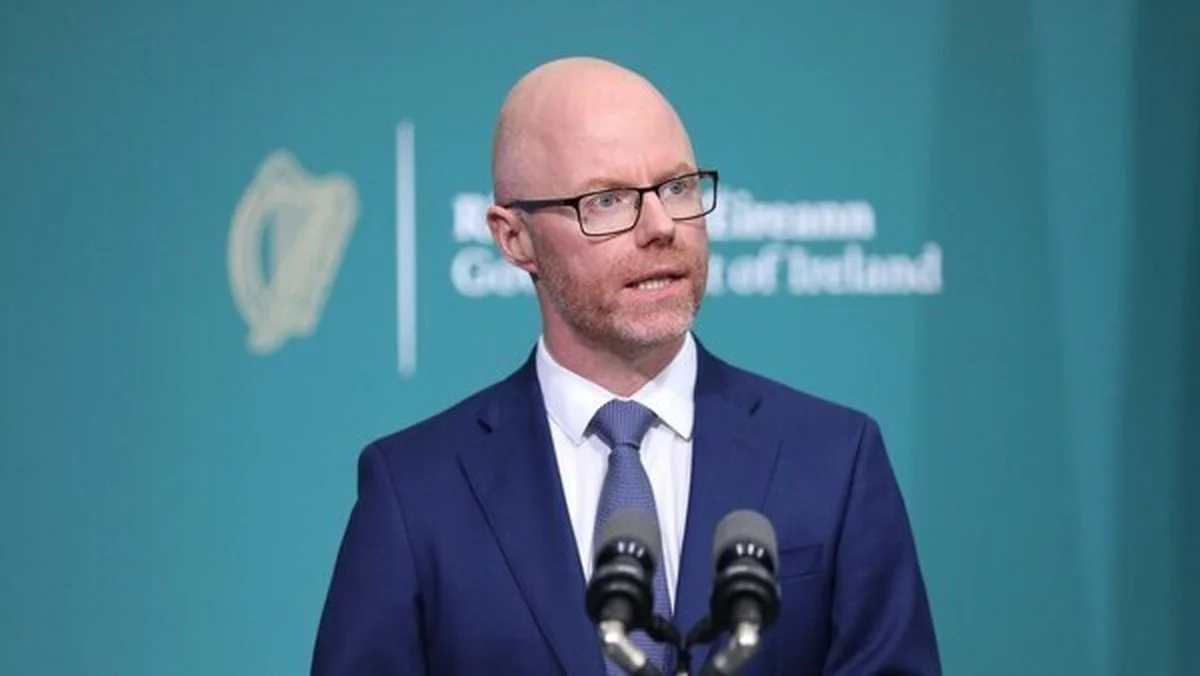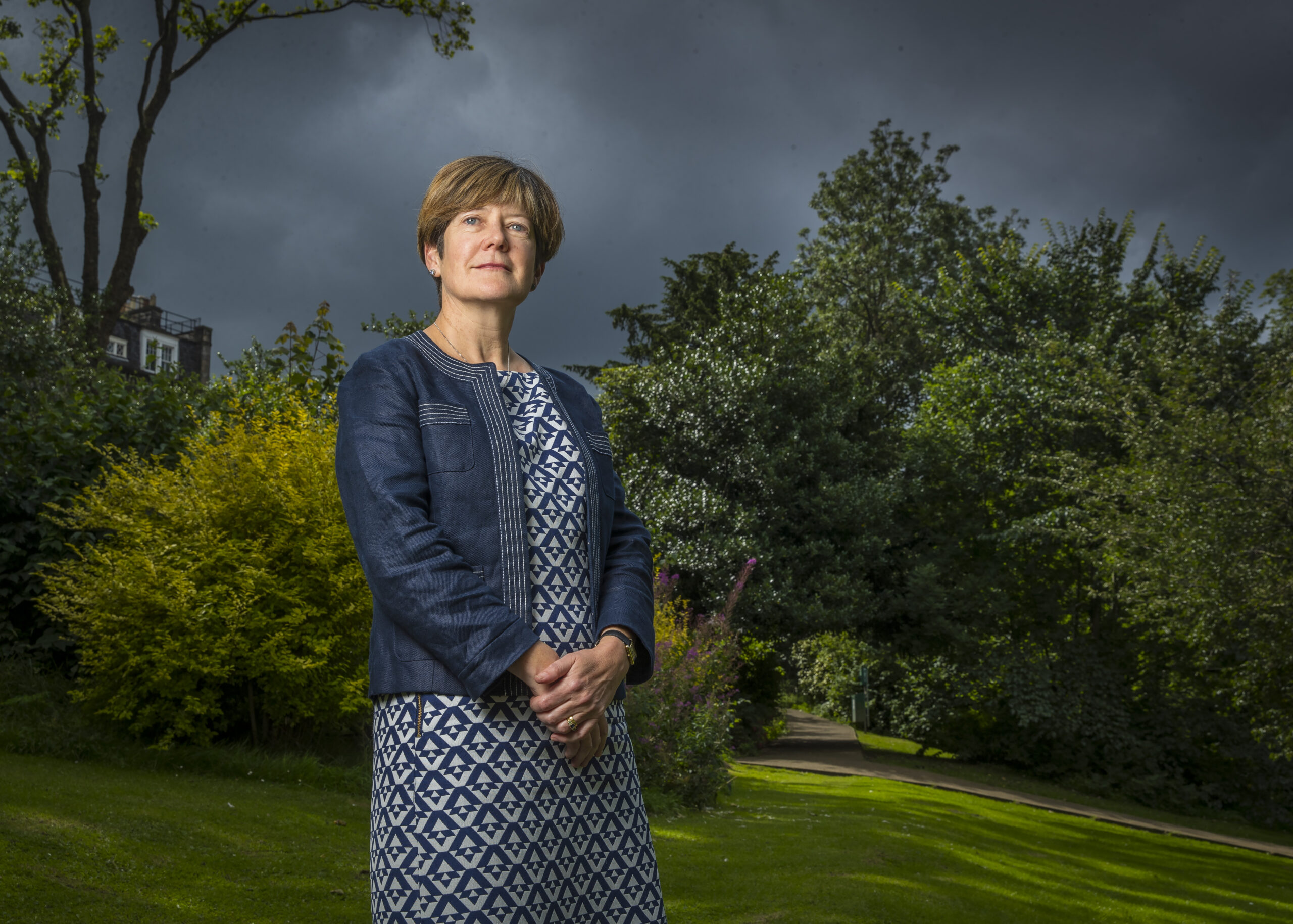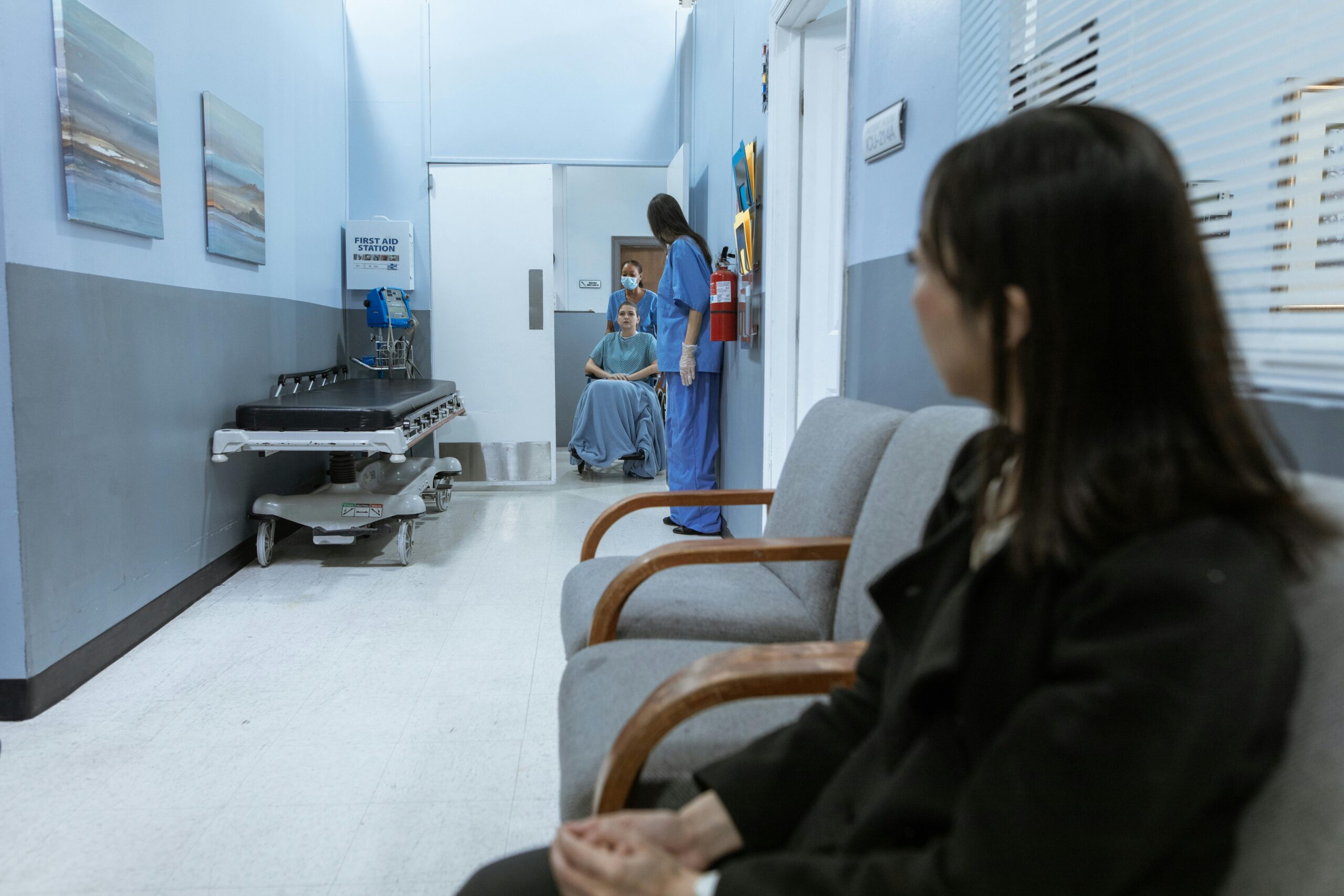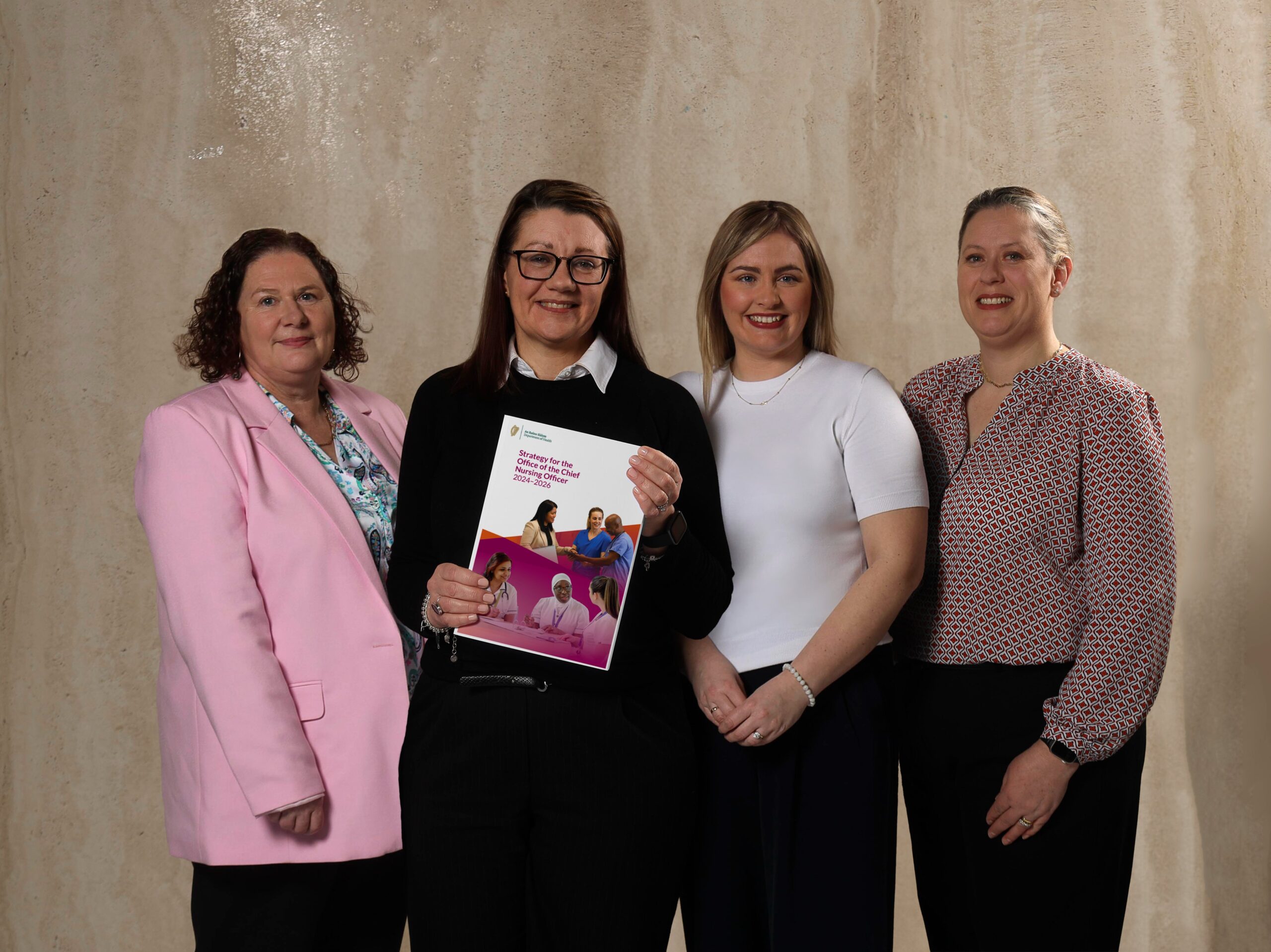5 Must-Read Books About Medicine

Being a doctor isn’t easy. You’re dealing with long hours, high amounts of pressure, and physical exhaustion. Then there’s the emotional toll of the job, issues with unpaid hours and unfilled posts, a terminal lack of resources, not to mention the years of study required to even qualify.
Being a doctor and a writer certainly isn’t easy. You’ve got all the difficulties of being a healthcare professional bundled with the additional stress of trying to put together a book. After a day of seeing patients, the last thing anyone wants to do is sit in front of blank page. Yet many on our list did just that. From the talented writers who currently grace these pages to GPs who’ve shared their experiences via fiction, these doctors now find themselves on night-stands across the country.
So, whether you’re looking for insight into medicine as a profession, or just something to read for pleasure, these books are some of the best that healthcare professionals have to offer.
An Irish Country Doctor (Patrick Taylor)
This account may be a work of fiction, but anyone who’s lived in the countryside will recognise a lot of what transpires here. Author Patrick Taylor, himself a doctor, sketches out scores of anecdotes and observation from a career in medicine. He does so through a fictional relationship between two men: a young doctor, fresh out of medical school, and an older, eccentric, seasoned general practitioner. ‘It’s a mythical place, but the people are the way I remember them,’ Taylor said of his fictional Ulster village, Ballybucklebo, back in 2013. Naturally, there’s a lot of Northern dialect included here, but Taylor provides a handy glossary at the end. Dead on.
Healing Touch: An Illustrated History of the Royal College of Physicians in Ireland (Alf McCreary)
Quite a lot has happened in medicine since the Royal College of Surgeons Ireland was founded back in 1784 by charter of King George III. For one, medicine now amounts to more than just luck, which was what mostly determined the fate of patients back in those days. A lot has happened to Ireland itself as well in that time, and Alf McCreary uses the RCSI as a fascinating vantage point from which to view Irish history. There are plenty of accounts of interesting and important figures who were involved with RCSI, too, not to mention loads of great pictures. A fascinating read, even to non-medical professionals.
A Life in Trauma (Dr Chris Luke)
Dr Chris Luke’s ‘rollercoaster’ memoir about a life in emergency medicine is a must. Having treated well over 100,000 patients during his career, Dr Luke has plenty to say on the matter. Praised by critics for its searing honesty, A Life in Trauma describes every aspect of a career on the frontline of medicine: from the highs of healing people who are sick, to the lows of burnout, exhaustion and operating in a dysfunctional health system.
Against the Tide (Dr Noël Browne)
Ever a controversial figure, Dr Noël Browne’s famous memoir is a unique, powerful account of Catholic Ireland, the influence of which still lingers in Irish medicine today. Dr Browne made a lot of enemies in both the Church and the Dáil with his introduction of the 1951 Mother and Child scheme, which sought to tackle high infant mortality rates, among other issues. Several Bishops said the initiative would pave the way towards abortion. Many doctors opposed the Act, saying it represented the socialisation of medicine. Browne also spent a lot of time working to eradicate TB, which claimed the lives of both his sister and his mother. The story of the definitive outsider of Irish medicine.
The Language of Illness (Prof. Fergus Shanahan)
The language used by doctors is extremely important. But don’t take our word for it – ask Fergus Shanahan, Emeritus Professor of Medicine at University College Cork, and Foundation Director of the Science Foundation Ireland-funded APC Microbiome Ireland.
He wrote the book on the subject. A work for ‘anyone who cares about caring’, Shanahan draws from his own life experiences – as both a medical professional and the father of an ill son – to illustrate the crucial role language plays in interactions between doctors and patients.
Source: Irish Medical Times
You might also like
For relevant updates on Emergency Services news and events, subscribe to EmergencyServices.ie









